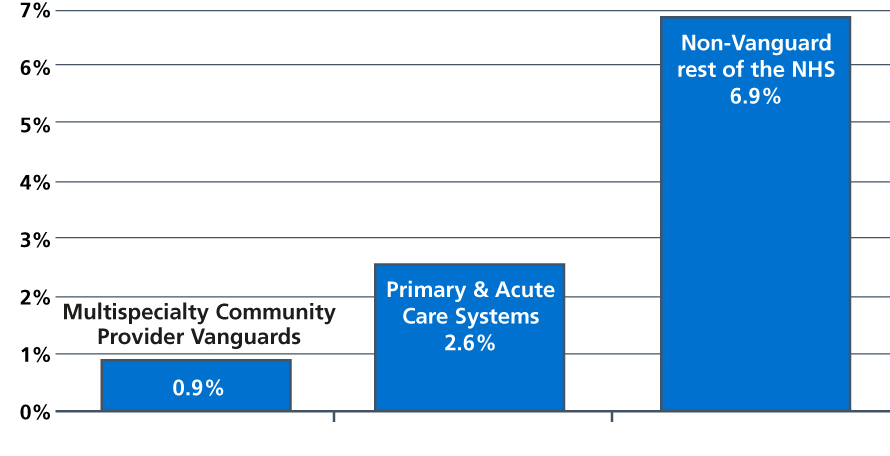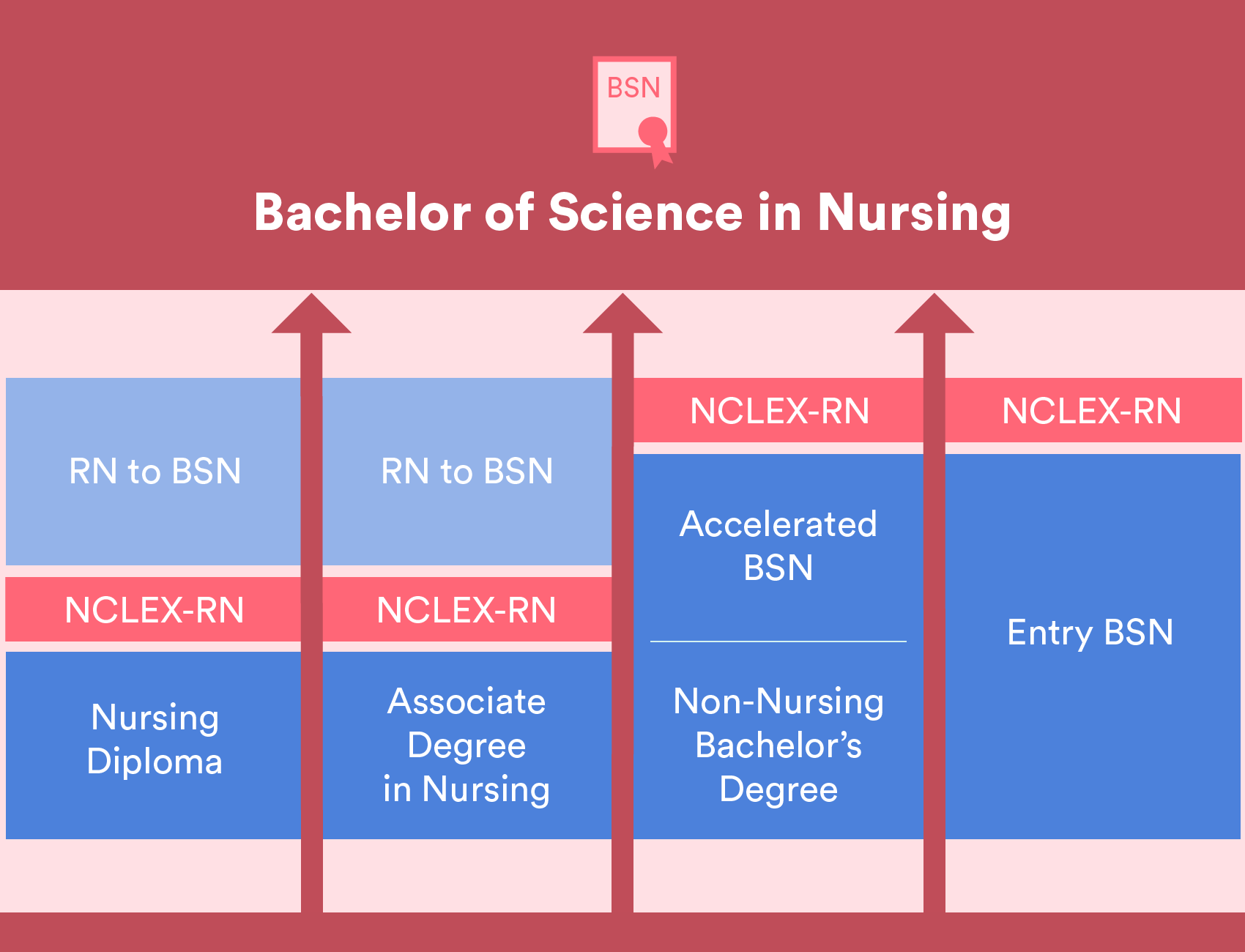
Caring for elderly parents is an emotional and complex task that can drain everyone. Here are some tips to help you care for your parents. These can help reduce the stress and family conflicts. These tips can help you choose the right Medicare plan and apply for benefits. To assist with discharge and hospitalization, a patient advocate is available. These tips can help you care better for your parents as they age and lower your chance of getting dementia.
Elderly parents caregiving is a multifaceted task
Caring for an older parent can present many challenges. While most elderly parents turn to their adult children for help, many adults are not prepared to care for aging parents. Sometimes siblings are not prepared, so a competent child might become helpless. In this situation, it is important for the caregiver to have open communication with his or her family members. The caregiver must be honest about their feelings and the feelings of the care receiver. Caregiving is a multi-faceted experience and must be approached in a thoughtful, caring way.
Caring for parents can be a difficult task. Some caregivers experience joy and solace; others feel deep depression, worry, and sadness. Research shows that caregivers suffer from more clinical depression rates than the general public. Guilt can also be manifested during caregiving. Here are some strategies to help you cope. Read Sustenance and Hope for Caregivers of Elderly Parents: Bread of Angels

It can be exhausting both emotionally and physically.
Caring for elderly parents can be physically and mentally exhausting. Even acquaintances unfamiliar with the responsibilities of caregiving might not be able or willing to help. Caring for a parent is a time-consuming task that can affect family time. The caregiver may feel depressed and isolated, and guilt may be a constant companion. This kind of mental fatigue can have the same effect as physical exhaustion and cloud judgement.
You may be asked to confront your parents' fears and concerns as a family caregiver. Seniors can fear losing their independence or the long-term effects from serious medical conditions. Aging can be frightening. You may also find them hiding new symptoms or becoming secretive. Watching your parents make reckless decisions can cause you to experience an identity crisis. This stress can be managed by being aware of the signs and taking appropriate steps to manage them.
It can help reduce tension and family disputes
To avoid family conflict, it is important to maintain a constant line of communication with your elderly parents. Regular family meetings are an excellent way to discuss changes in care and potential issues. Communication can be made easier by technology, especially if elderly parents live in different places. To facilitate these family meetings, you can bring in a third-party. Open communication between siblings can help to foster strong intergenerational bonds.
Sometimes siblings disagree on who should look after their parents' aging parents. Sometimes they will argue over who should pay, how the parent should be fed, and how much to spend on each task. It's important to remember that no one is right in these situations. It can be hard to watch an older parent's health deteriorate. However, family disagreements regarding who should take care shouldn't lead directly to conflict.

It can reduce dementia risk
You can help your parents with dementia by engaging in mental and physical activities, despite the rising incidence. Engaging in regular physical activities is an excellent way to keep the brain active and fit, and it has many benefits for your health and well-being. You can increase circulation and heart health and your mental well-being by engaging in physical activities. You might consider taking up a class, or learning a foreign language. Learning a new skill can provide a challenge to the brain.
Exercise also lowers the risk of dementia. Studies show that a higher level of education correlates with lower rates of Alzheimer's. People with higher education levels develop stronger networks in the brain, which are better equipped to deal with cell damage. These cells are damaged and Alzheimer's disease can result. You should do all you can to ensure your parent is as healthy as possible. These activities can be incorporated into your daily life. Even if time is tight, take 30 minutes to walk or take the stairs.